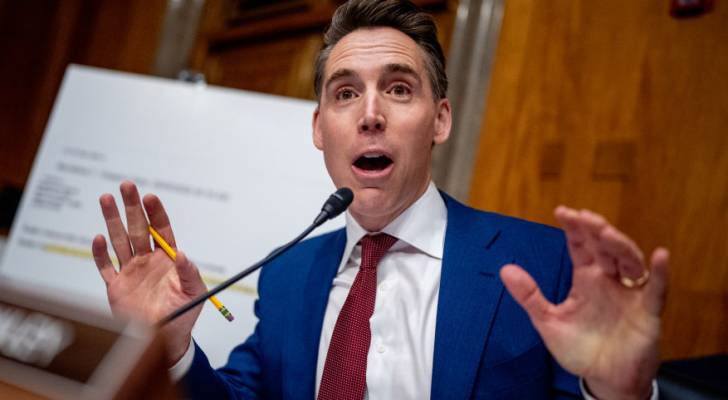Alejandro Gonzalez
3 min read
In This Article:
Lloyds Banking Group’s chief executive Charlie Nunn has defended the bank’s conduct in the car finance market, telling MPs there is “no evidence of harm” to customers as the sector awaits a critical Supreme Court ruling on the legality of historical commission arrangements.
Speaking to the Treasury Select Committee this week, Nunn addressed the lender’s exposure to the motor finance market amid a wave of consumer complaints and legal scrutiny.
The issue centres on discretionary commission arrangements (DCAs), a practice where car dealers were incentivised by lenders to set higher interest rates in exchange for higher commissions, often without the consumer’s knowledge.
If the Court upholds an earlier decision by the Court of Appeal that a failure to disclose a commission was in breach of the Consumer Credit Act 1974, the Financial Conduct Authority (FCA) has committed to launching a formal redress scheme within six weeks. In a statement released in January, the FCA said it was monitoring complaint volumes and would intervene “if firms fail to meet expectations”. Several lenders, including Lloyds, challenged the decision and the case was heard at the Supreme Court in early April. A ruling is expected in July.
“We don’t have evidence of harm, or that we’ve broken regulation,” Nunn was reported in the finance press as saying. “The Court of Appeal seems to be at odds with 30 years of legislation.” He warned that a lack of clarity from the Supreme Court could “create dysfunction in the market”.
Lloyds has set aside £1.2bn to cover potential liabilities — by far the largest provision in the sector. Barclays, which exited the motor finance market in 2019, has reserved £90m, according to its latest earnings report. The bank’s UK chief executive Vim Maru told the Committee that Barclays has seen a surge in historical complaints, some dating back over 20 years, and has deployed “a few hundred staff” to manage claims.
Close Brothers Group is among the most exposed to potential remediation costs, with motor finance accounting for 22% of its gross loans as of end-2021, according to Fitch Ratings. Investec Bank Plc held a more moderate 4% of gross loans in the sector over the same period. Fitch has highlighted that exposure to misconduct-related risks and associated redress liabilities could affect earnings profiles and influence its credit ratings of UK banks.
FCA's motor finance probe sparks misconduct risk concerns in UK banking sector: Fitch Ratings
Analysts at RBC Capital have projected that total compensation payouts across the industry could reach as high as £32bn in a worst-case scenario. In their base case, total liabilities are forecast at £5.9bn, rising to £10.8bn in a more adverse outcome.













